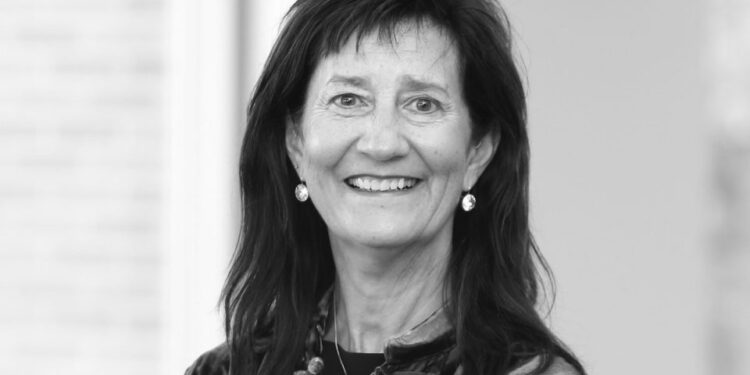I’ll never forget the first time I signed into a hotel in Dhaka, Bangladesh. I couldn’t get a room unless I wrote down my father’s name, my weight, and my height.
I thought about protesting out of principle. Like when someone in the United States asks me for my social security number, I say, “Why do you need it? I’m not going to give it to you unless I have a good reason.”
But when I travel out-of-country, I’m less sure of my status and legal protections. So, I kept my mouth shut and wrote, “Klem.” (I provided my weight and height, too, but reporting these here aren’t relevant to this story. Really.) This whole situation railed against my worldview. Primarily because, while standing at the hotel counter in Bangladesh, I was led to believe that if I were a male I wouldn’t be asked for my father’s name and other personal information.
I believe that the global feminist movement is an objection to gendered double-standards. It is grounded in the principle that double-standards are unfair, and that all people should be free to develop their abilities to their fullest and equitably rewarded when they succeed.
However, my understanding of feminism is not universally accepted. In my recent unscientific, informal poll, more respondents would not call themselves feminists than those who would. This is consistent with a national poll done by research firm PerryUndem in the last couple of years, where only 15 percent identify as feminist.
I wonder, would the women who are honored in this edition of B2B Magazine call themselves feminist? Would you? If so, why? If not, why not?
I have found that for some people, the word has a radical connotation. A recent Doonesbury cartoon describes one understanding, from the mouth of a millennial female: “feminism is the belief that women are superior to men” because if it were just about gender equality then there wouldn’t be anything to disagree about, just as there isn’t anything to disagree about when it comes to understanding gravity. And a recent New York Times article describes another radical understanding, namely, “feminism conjures up a caricature of lesbians in motorcycle gear who are very, very angry and don’t like men.”
I guess, if we understand the word these ways, I wouldn’t call myself a feminist either. Though I do like motorcycle gear, I don’t think I’m superior to or dislike men. Maybe the best thing to do in this evolving, crazy, mixed-up world is to forget about the feminist label (I rip labels out of my clothes—why wouldn’t I do that here?). Let’s assume, as the millennials do, that the belief that women should have the same rights and opportunities as men is obvious. Let’s advance gender equity and reject gendered double-standards when we have the opportunity. Let’s not worry about whether we call ourselves the “F” word or not.

This article appeared in the Winter 2018 issue of B2B.













